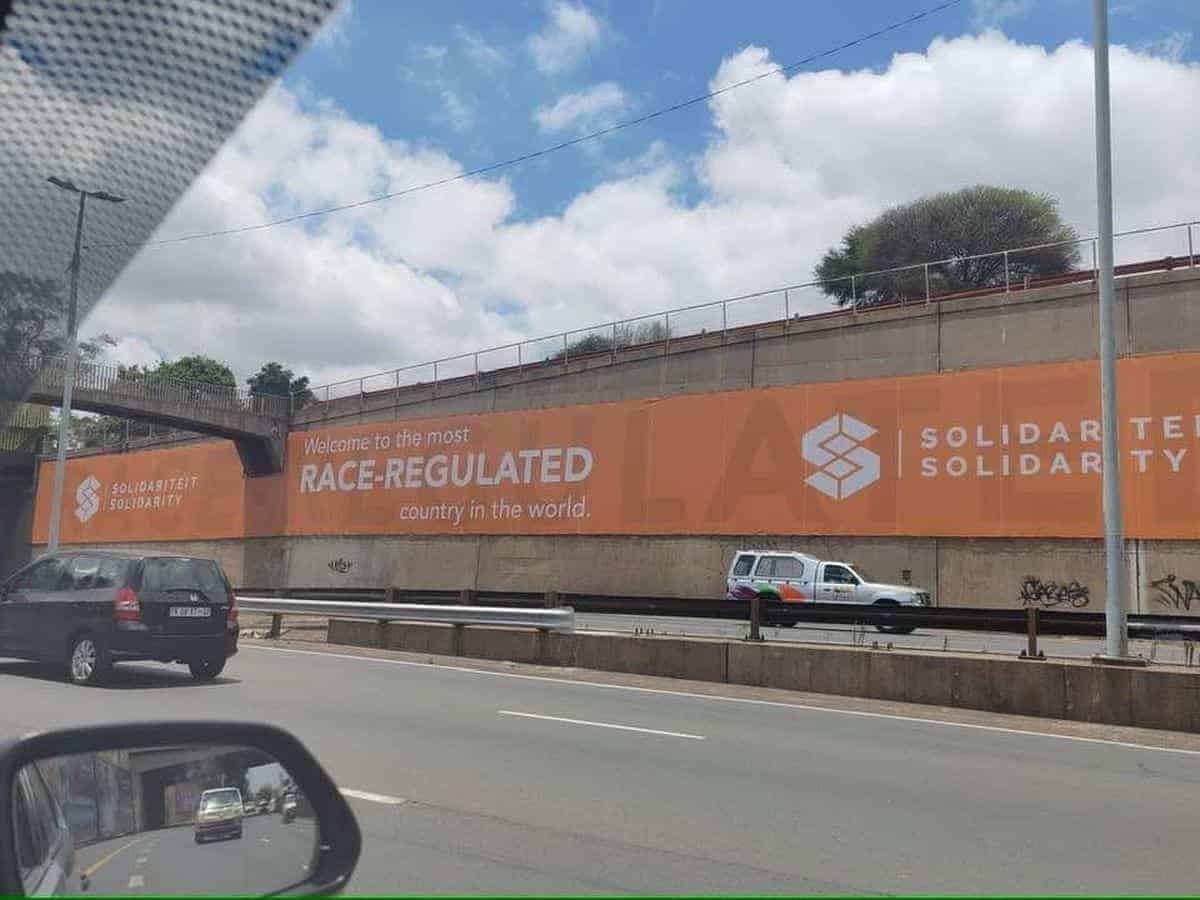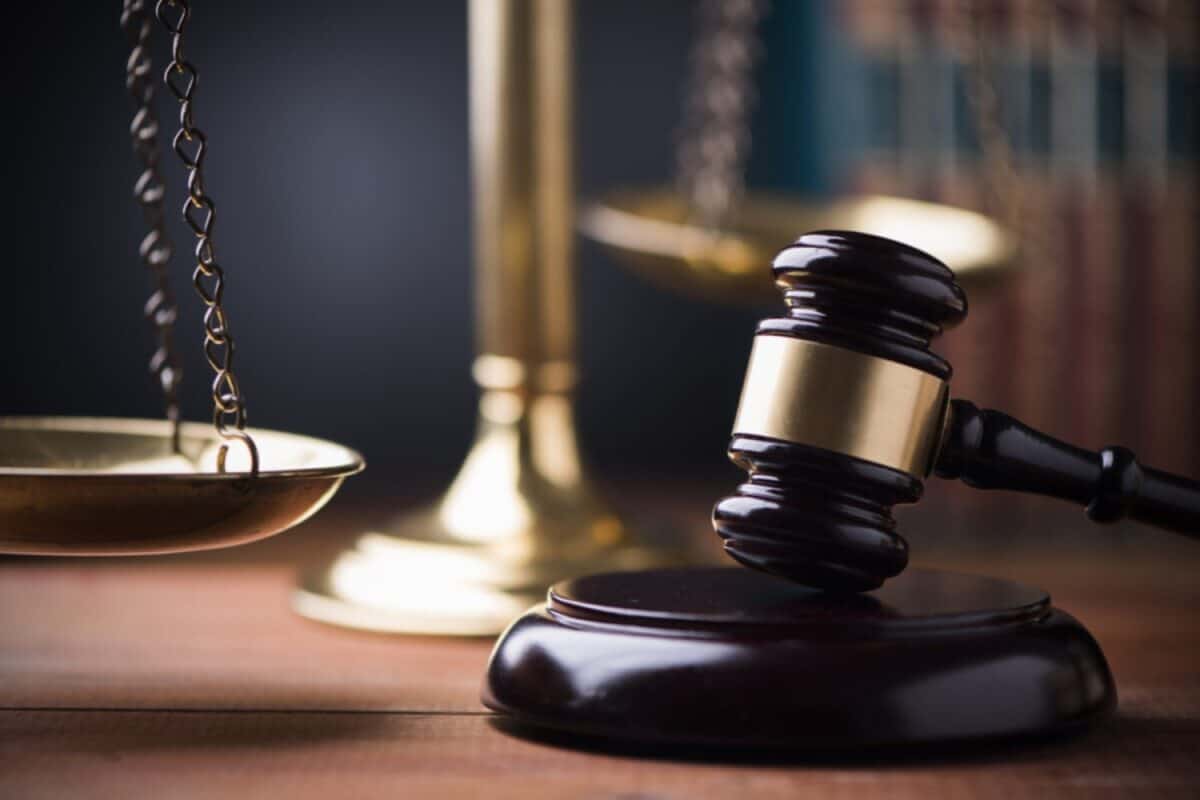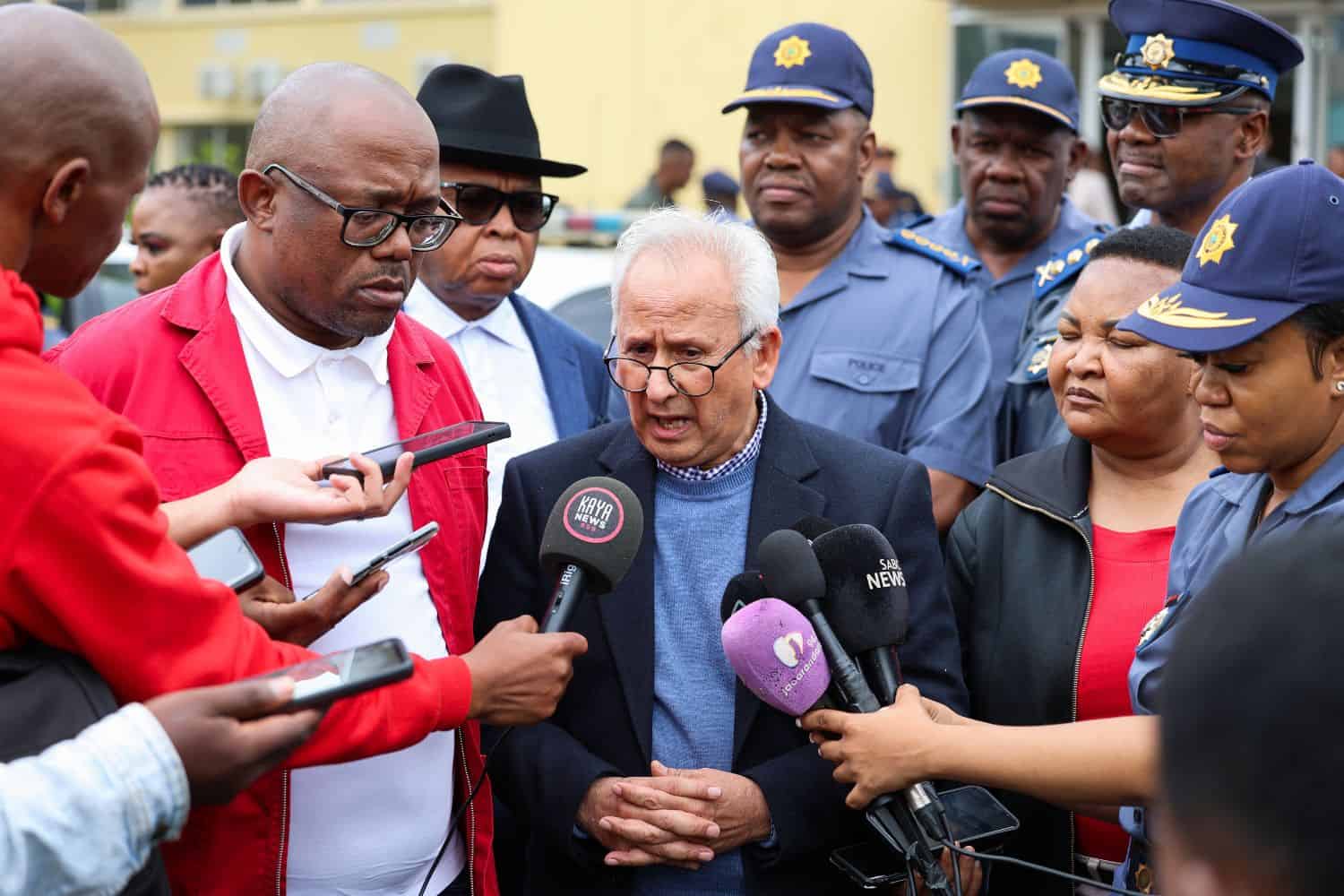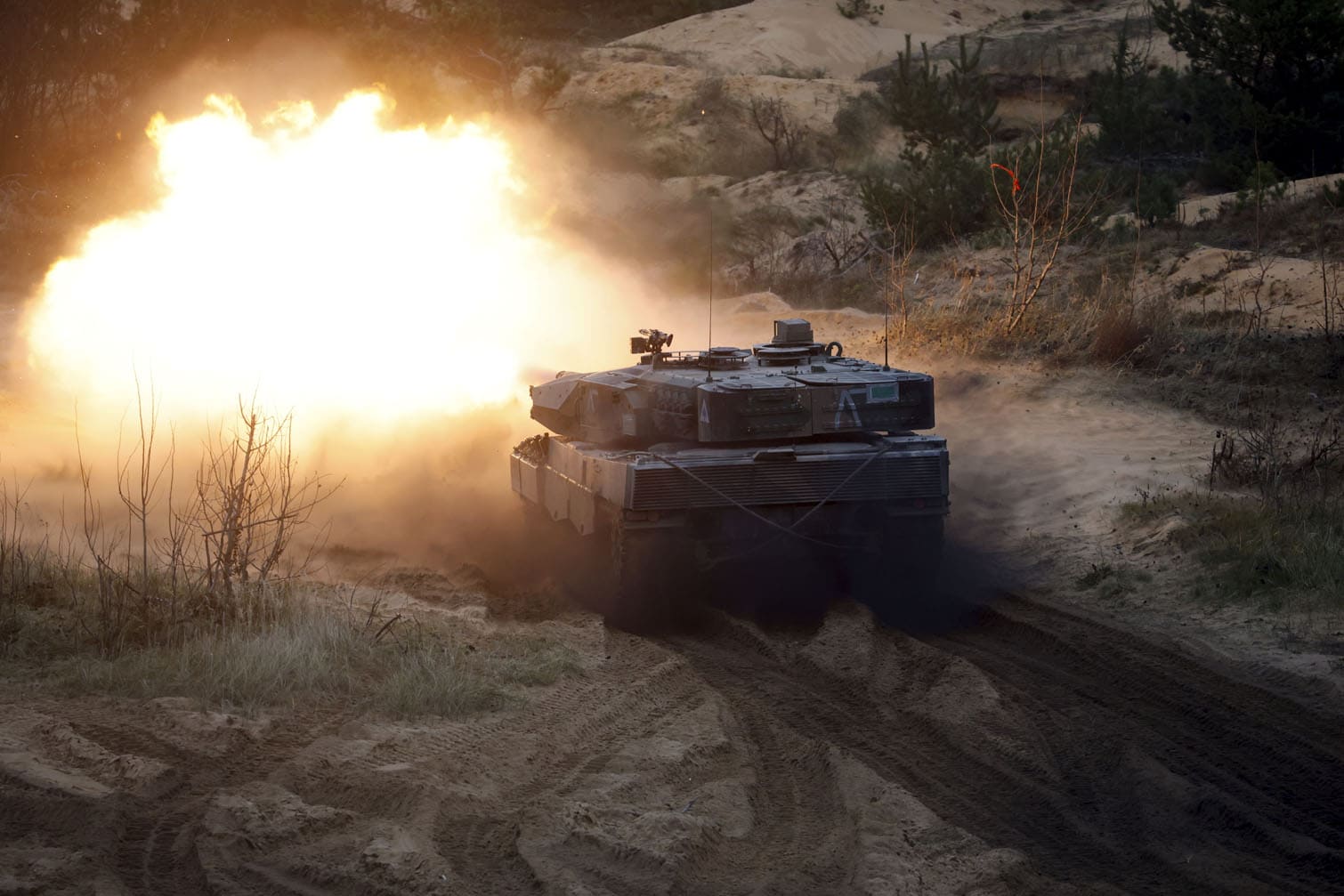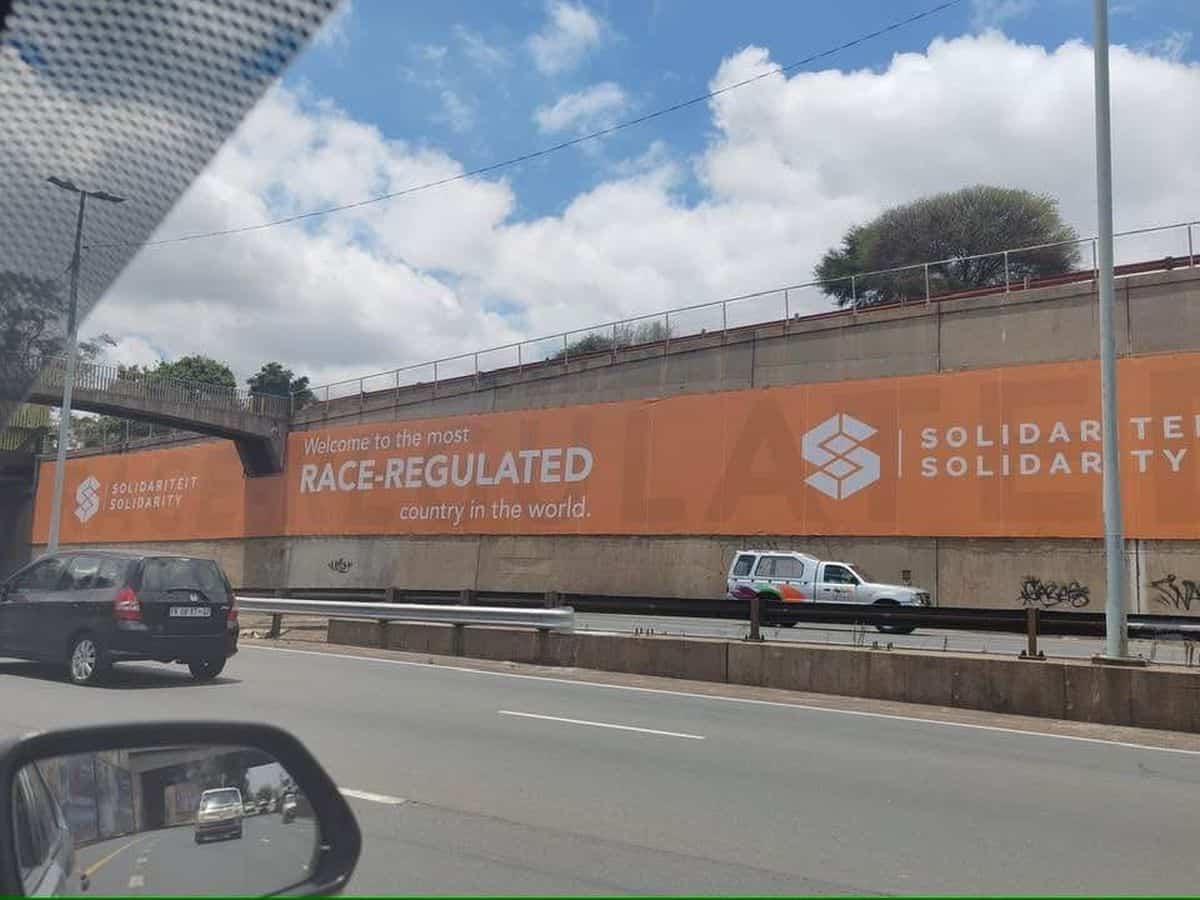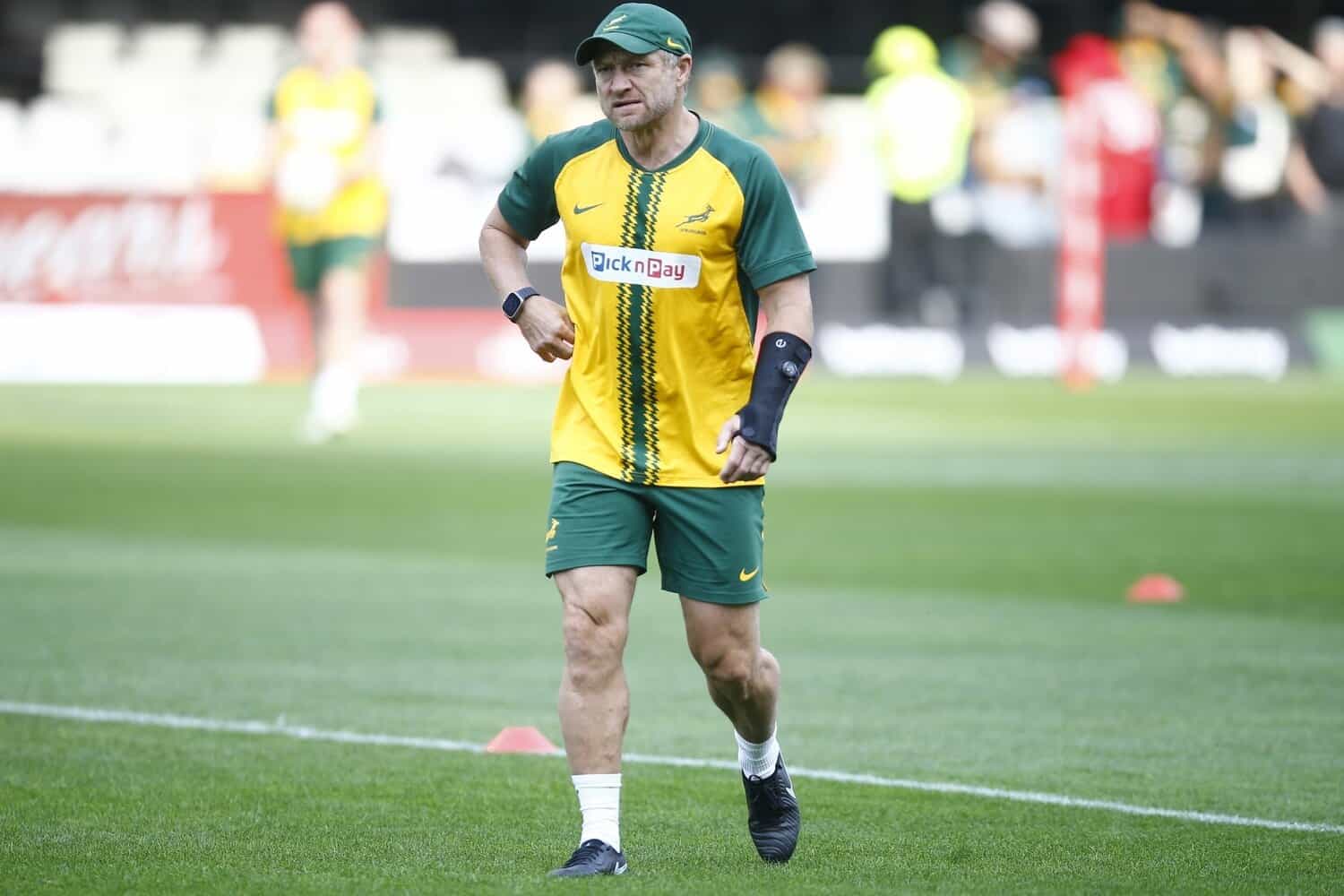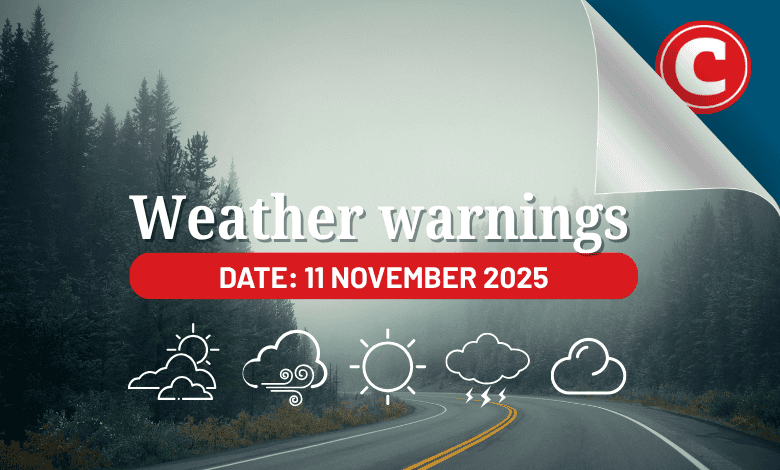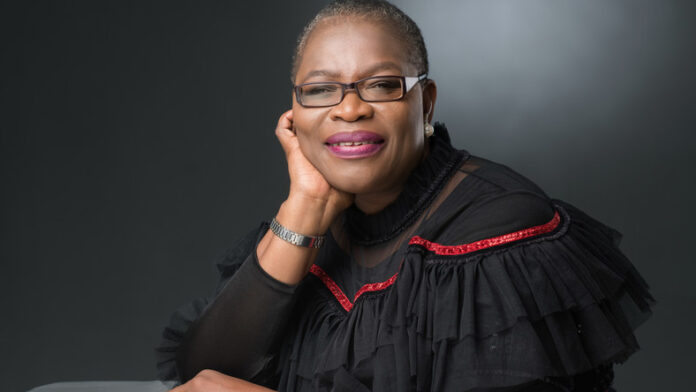“Treated Like Pawns”: Oby Ezekwesili Slams Benue Govt Over Rain-Soaked Schoolchildren Welcoming President Tinubu
Former Minister of Education, Dr. Oby Ezekwesili, has fiercely criticized the Benue State Government over the controversial treatment of schoolchildren during President Bola Tinubu’s recent condolence visit to the state.
The president visited Makurdi on Wednesday to sympathize with victims of a brutal attack in Guma Local Government Area, where over 200 residents were reportedly massacred by suspected armed herders in Mbakyor, Mbasombo, and Mbagwen communities.
However, public outrage erupted after videos and images surfaced online showing young schoolchildren standing drenched in the rain along the streets—reportedly instructed to line up in honor of the president’s convoy.
Reacting to the development on her official X (formerly Twitter) handle, Ezekwesili labeled the scene as “insensitive and shameful.”
“These children—some likely grieving themselves—were forced to stand in the rain and give a rousing welcome to leaders who have shown zero care for their plight,” she wrote.
Ezekwesili, a former presidential candidate and social justice advocate, condemned both federal and state authorities for their continued failure to protect Nigerian lives.
“The genocide in Benue has persisted unchecked. No amount of sympathy speeches will ease the pain of a people who feel abandoned by their country,” she added, referencing her 2018 solo protest at Aso Rock over similar killings.
She didn’t spare past and current administrations, accusing both former President Muhammadu Buhari and President Tinubu of “massive indifference” to the prolonged violence in Benue and surrounding regions.
“It is a disgrace to treat citizens as if they are conquered souls,” she lamented.
In a controversial move, Benue State Governor Hyacinth Alia declared a public holiday for the president’s visit, claiming it was meant to bring “comfort” to grieving families. Yet, critics argue it was a tone-deaf decision amid deep-rooted insecurity and trauma.
Human rights organizations and local leaders have since renewed calls for real action—demanding justice and urgent security reforms to halt the recurring bloodshed in the region.


